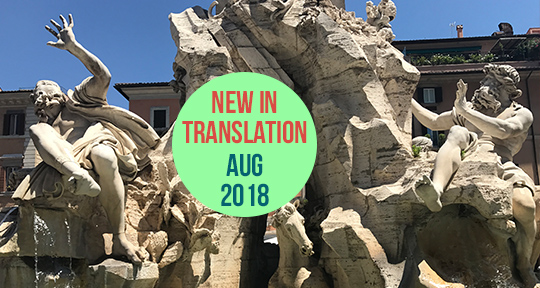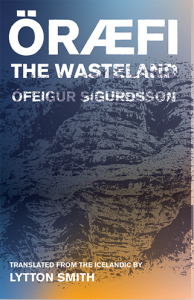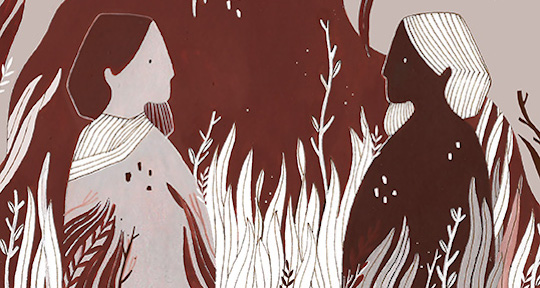We’re back with our regular Friday column featuring weekly dispatches from our Asymptote team, telling you more about events in world literature. Join us on a journey to Guatemala and Chile, before heading to New York City, to find out more about the latest in world literature.
José García Escobar, Editor-At-Large, reporting from Guatemala:
We begin with great news coming from the Guatemalan author Eduardo Halfon whose novel Mourning (Duelo in Spanish) got shortlisted for the 2018 Kirkus Prize. Halfon, whom we interviewed for our blog last June, is sitting beside other fantastic writers such as Ling Ma, Nafissa Thompson-Spires, and Lauren Groff. Mourning, published by Bellevue Literary Press, was translated into English by Lisa Dillman and Daniel Hahn. The winner will be announced on Thursday, October 25, 2018.
Additionally, Halfon was just declared the recipient of the 2018 Miguel Angel Asturias National Prize in Literature, the most important literary prize in Guatemala.
On a much sadder note, recently, one of Guatemala’s most influential and emblematic poets, Julio Fausto Aguilera has passed away at the age of 88. He won the Miguel Angel Asturias prize, in 2002; he was part of the arts collective Saker-Ti, and one of the founding members of Nuevo Signo—arguably one of the most important literary groups in Central America. He wrote close to twenty books of poetry, and his family confirmed that he left two manuscripts that they hope will get published soon. Francisco Morales Santos, his friend en Nuevo Signo’s editor, called Julio Fausto a worthy and unbreakable man. Many other writers such as Vania Vargas and the most recent winner of the Miguel Angel Asturias Prize, Francisco Alejandro Méndez, also mourned the death of Aguilera.
To read more about Aguilera and Nuevo Signo, click here.






